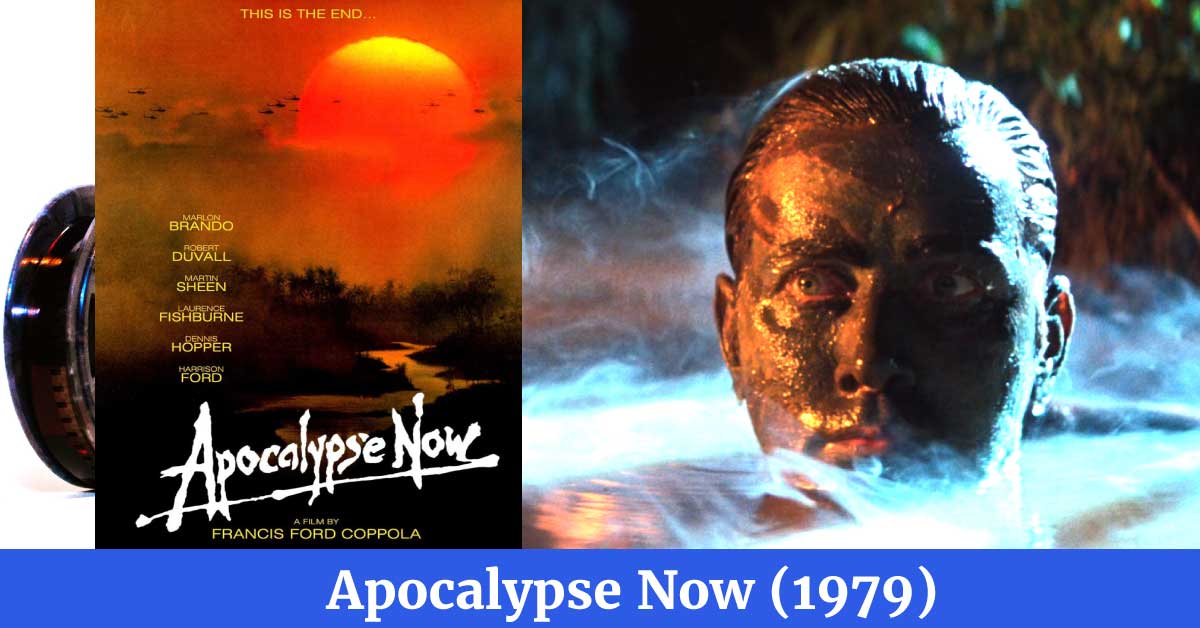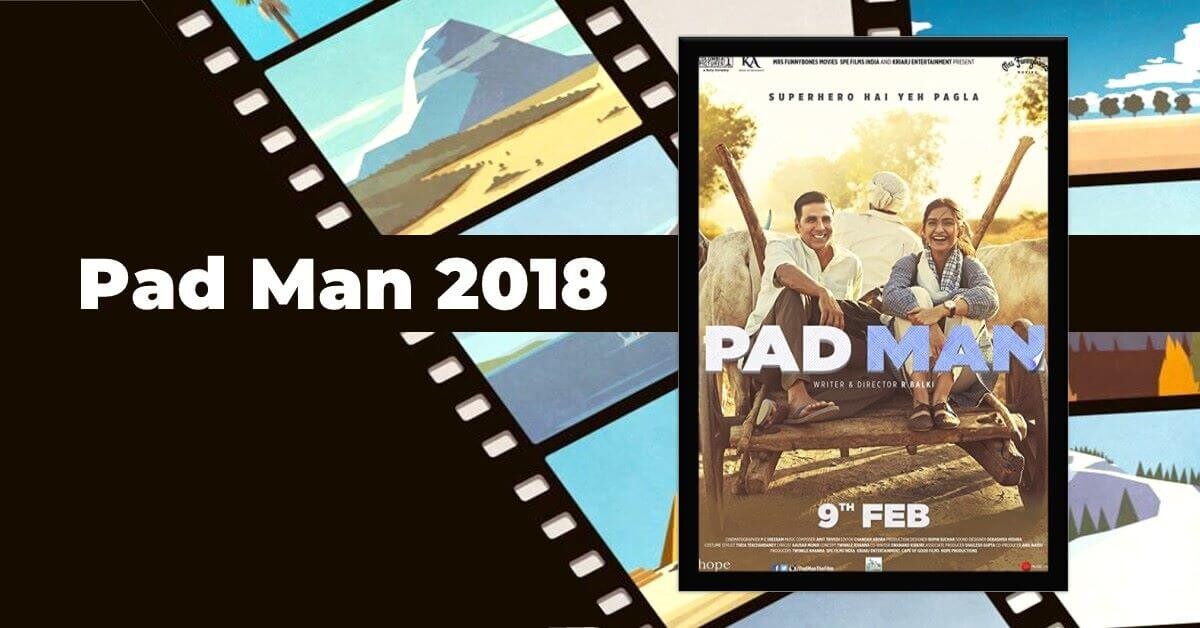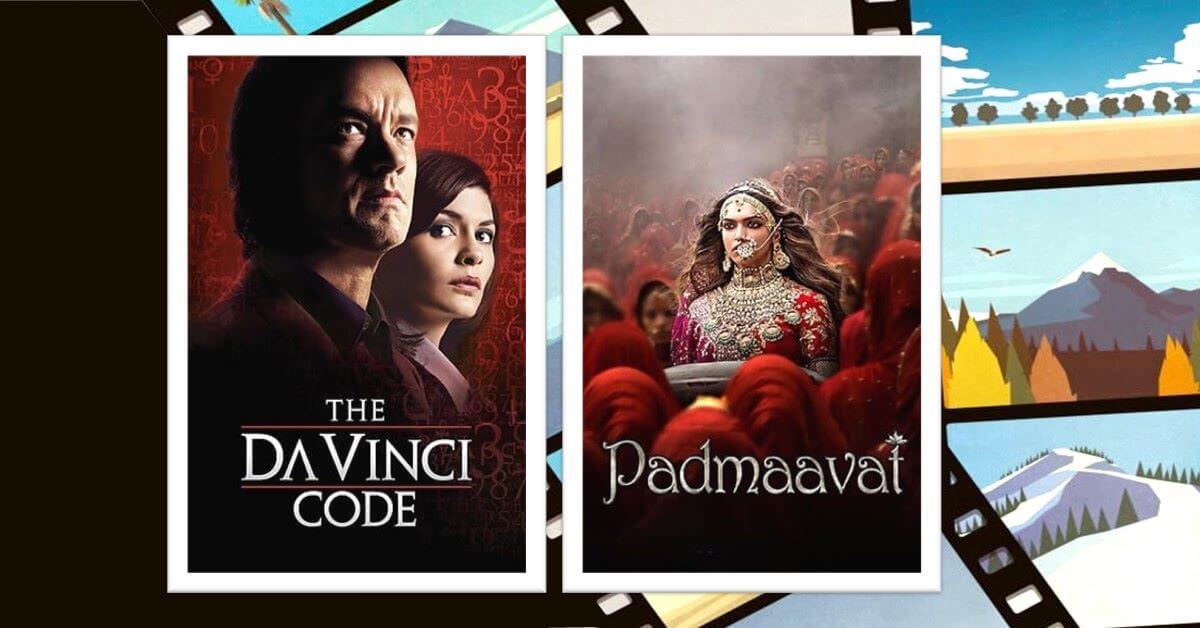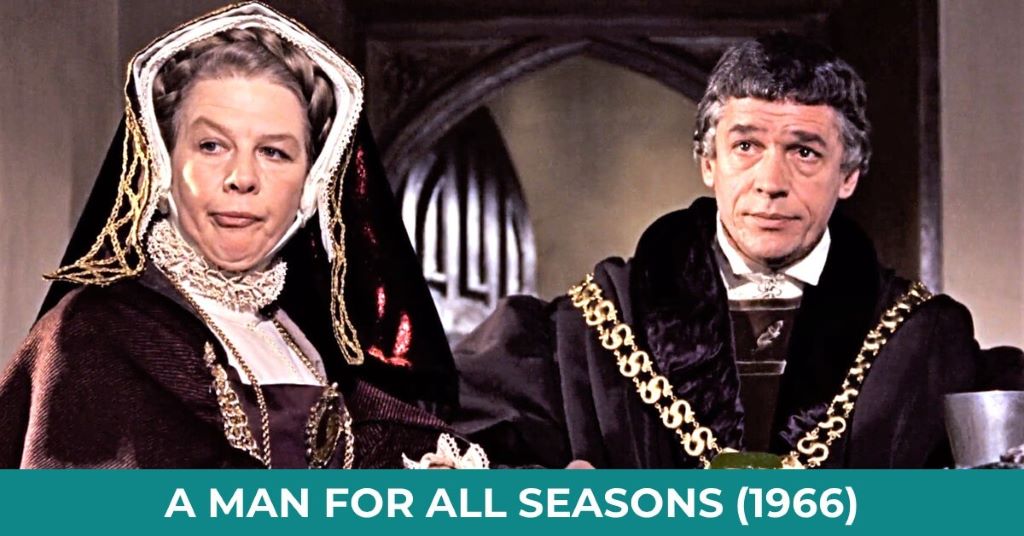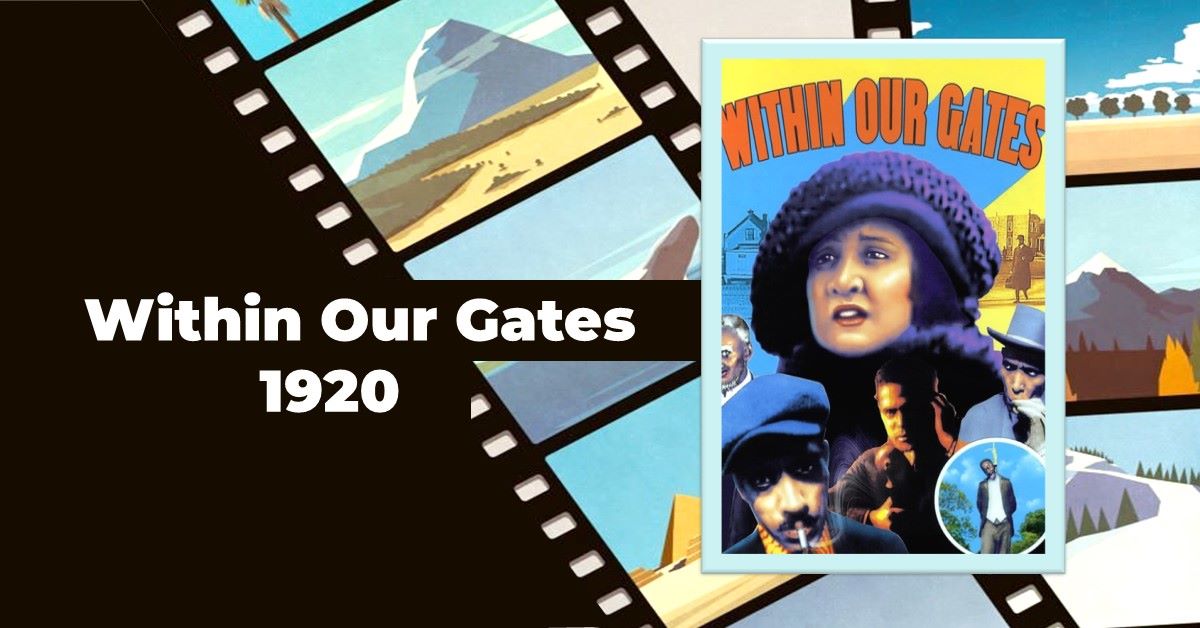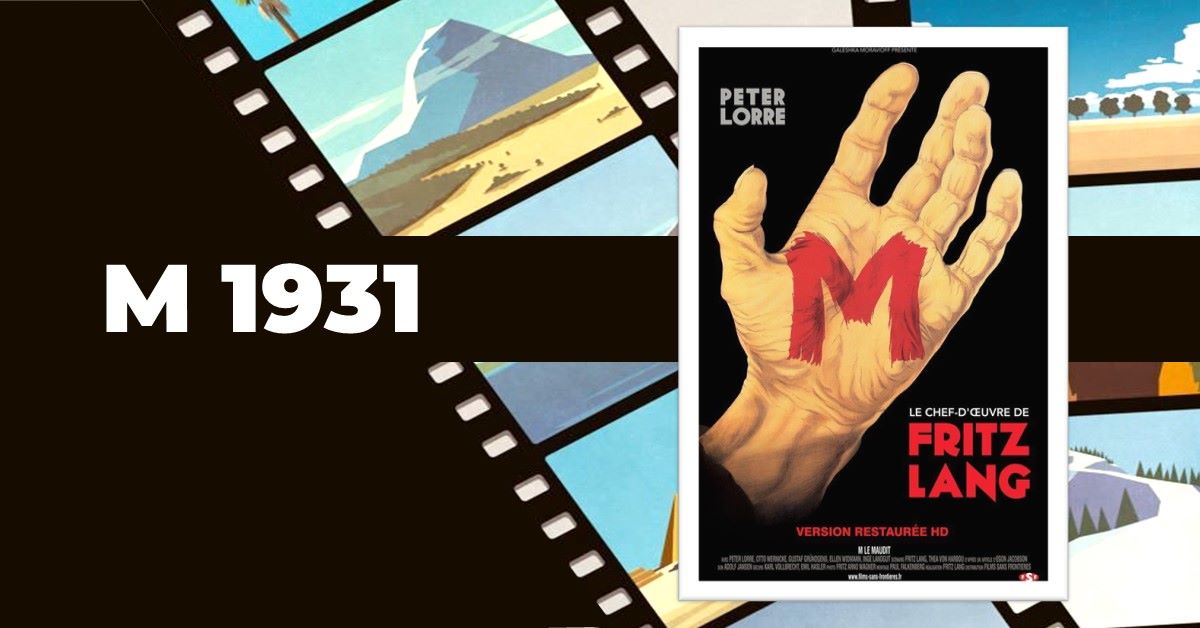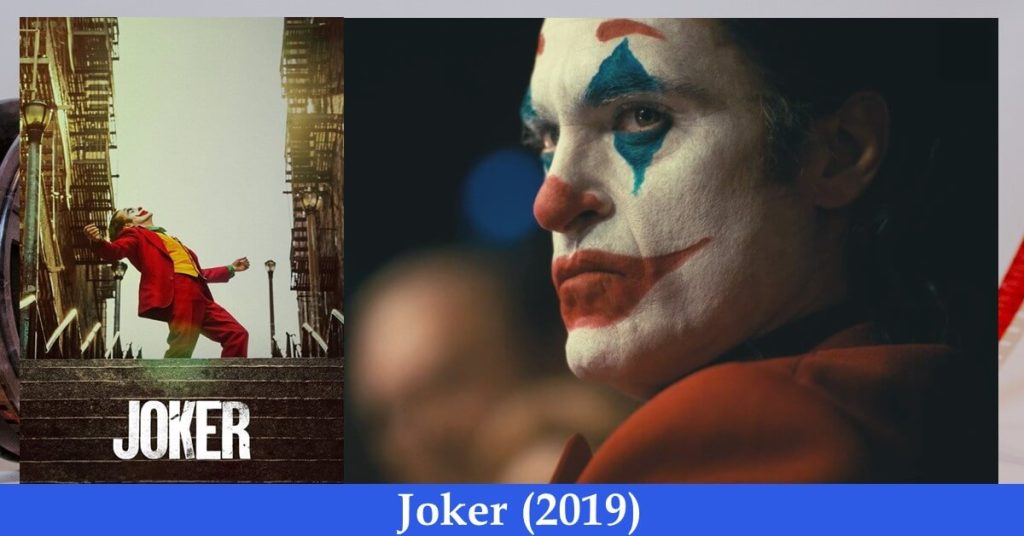Last updated on May 6th, 2023 at 03:59 pm
Apocalypse Now 1979 is a confessional historical film based on Captain Willard’s mission to terminate a green beret outlaw Colonel Walter E. Kurtz’s command in Cambodia during the America-Vietnam war. Kurtz began his kingdom by killing Vietcong, Vietnamese and Cambodian. American Communication Security (COMSEC) Intelligence captain in Nha Trang, Lucas sent a psychotic and alcoholic soldier to kill another psychotic soldier who gathered his own army in Cambodia.
A veteran assassin Captain Willard, who was waiting for a mission in a hotel room Saigon was sent to. He was desperate for a mission. Kurtz was accused of killing four Vietnamese agents, who he thought was playing a double rule. He’s of a paratrooper regiment.
During the America-Vietnam war with the support of Russia and China the Vietcong or Viet Nam Cong San, English Vietnamese Communists waged war against the South Vietnamese government backed by the United States of America. Apocalypse Now (1979) evolves around the history of American carnage in Vietnam and the inhuman prospect of war.
Colonel Walter E. Kurtz was killing people whose ideas and methods became unsound in Cambodia with his Montagnard army who worshipped him like a god and follow his orders. He crossed into Cambodia with his Montagnard Army. He and his men were playing hit and run, all the way into Cambodia. He was officially accused by the army of murdering four Vietnamese agents.
Willard’s mission was to proceed to Nung River by a navy patrol boat to pick up Colonel Kurtz’s path Nu Mung Ba River, and kill Kurtz. His is a mission that “does not exist, nor will it ever exist. Before Willard, another agent, Captain Richard Colby, was sent to kill Kurtz, but now he is also operating with him.
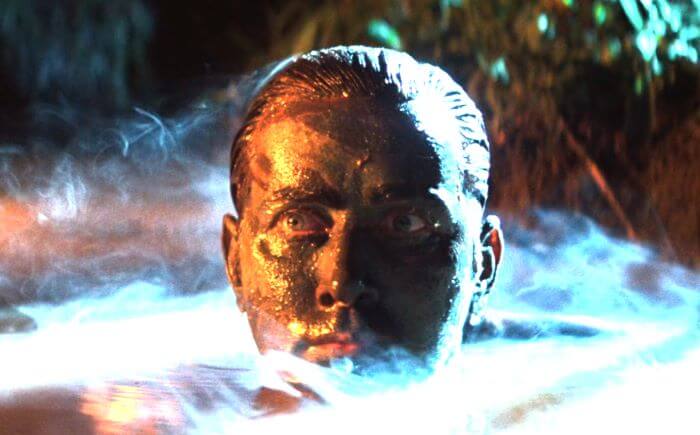
Captain Willard was sent with four of his crews: Lance, Chef, Mr Clean, and Philip the Chief by a patrol boat. They reached first the Air Cavalry on the edge of Nung River Kilgore was the commanding officer.
Acted by Marlon Brando (as Kurtz), Robert Duvall (as Colonel Kilgore), Matin Sheen (as Captain Willard), Fredric Forest (Chef), Albert Hall (as Chief), Sam Bottoms (as Lance) and other Apocalypse Now (1979) is one of the 100 best films of 100 years of American Film Institute, 14th of the 100 greatest films of all time of British Film Institute. It is one of the 101 best films on my watch list.
Storyline
After having been briefed by Captain Lucas and General, Captain Willard set off for Colonel Kurtz with four of his crews by a navy patrol boat. He reached first the Air Cavalry on the Vietcong-held coastal mouth of the Nung River; William Bill Kilgore was the commanding officer, amid the raid.
The next day Bill Kilgore escorted them to the “Charlie’s Point”, a peaceful Vietnamese village, Vin Drin Dop. Led by Kilgore, bullets from American helicopters stormed the whole village and killed the villagers and school children. To clear the town from Vietcong, Kilgore ordered fire on the napalm tree line and gave the option of the surfers whether to fight or surf in the Nung River. Even though there were no waves, bombing in the water created strong tides suitable for surfing.
As the point was cleared, Calpain Willard headed for the Du Luong Bridge where an R&R or USO show was under celebration, sponsored by Playboy Magazine. R&R (or rest and relaxation or rest and recreation or rest and rehabilitation) was arranged on behalf of soldier or International UN staff serving in unaccompanied duty stations. The show was complete chaos.
By the next day beyond the Du Luong River, they had lost Mr Clean. By the evening they reached a place to controlled by French plantation owners, American allies. These were French fighters who had been trying to hold on to the land their ancestors left to them generations ago.
They were offered grand hospitality, and Madame Sarrault, who lost her husband in their struggle against the Vietnamese, offered her comfort to Captain Willard personally.
The next day, up the river, before they reached Colonel Kurtz’s outpost, they were ambushed by the native Vietnamese and the Chief was killed during the encounter. Finally, they reached Kurtz’s outpost in the deep forest, upriver. The dead bodies of Vietcong, Vietnamese and Cambodians were lying all around: hanging, floating, burning.
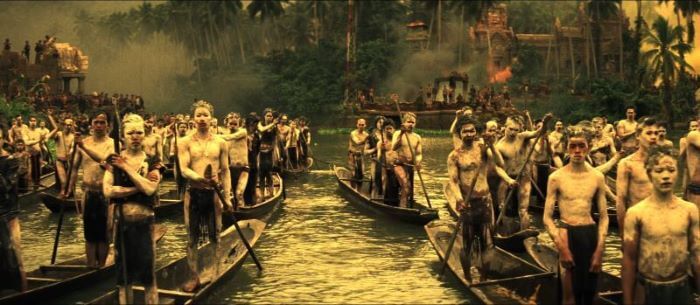
Kurtz took him to his chamber and inquired about his whereabouts. He told Willard his reasons behind being an outlaw. He kept Captain Willard in the cellar unchained as if he wanted to be killed. But Willard realised that along with the Army in Nha Trang, everyone in the jungle wanted him dead. The reason behind he kept Willard unchained was, I think, Kurtz wanted him to win over and to be like Colby. To show his ferocity and ability, Kurtz presented him with the severed head of Chef.
One night, during a tribal ritual of bull sacrifice of the villagers, Willard stealthily slipped into the river. Clad in the mud he appeared in Kurtz’s cell to his horror. Just about the moment, ritual performers slaughtered the bull, Willard hit him from behind, and killed him. Willard came out of Kurtz’s cell to appear to the thousands of people waiting outside only to find himself in the position of Kurtz: a god. Willard and Lance were seen departed.
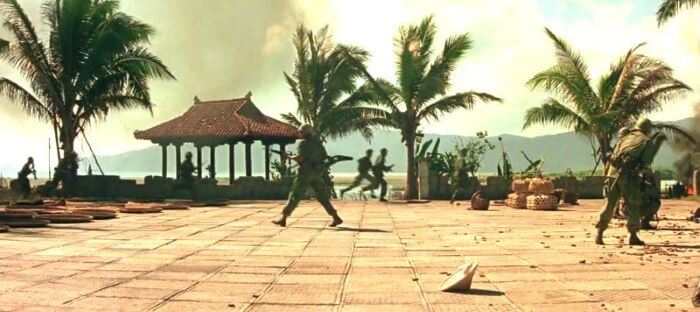
Evils Are Made in Their Genius?
In Apocalypse Now, we see the logic of the war through Captain Willard’s eyes, who happened to admire an outlaw who he was sent to kill. An army general with an illustrious career turned insane to transform himself into a god in Cambodia. Willard’s fascination with Kurtz grew thicker through his dossier and love of poetry. The conflict between good and evil, duty and freedom shone brighter to Willard. On his way to kill a fellow American shook his stand greatly. How can evil be so convincing?
In a letter to his son Kurtz puts that, “I am officially accused of murdering four Vietnamese agents. In a war, there are many moments for compassion and tender action. There are many moments for ruthless action, what is often called ruthless, what may, in many circumstances, be only clarity. Seeing clearly what there is to be done and doing it. I am beyond their timid, lying morality. And so, I am beyond caring.” Kurtz was blamed for doing what any vigilant soldier was supposed to do.
The general at Nha Trang base clarified to Willard that Kurtz’s intention to become a god to his people is in fact a temptation to power. “Because there’s a conflict in every human heart between the rational and the irrational, between good and evil. And good does not always triumph. Sometimes the dark side overcomes what Lincoln called, “The better angels of our nature.”
According to him, the evil and dark side of Kurtz overcome his good side, and that is his “breaking point.” Adorno and Horkheimer argue that reason is a double-edged sword because as humankind exercises its reasons and transforms its environment according to its needs it allows an ‘instrumental’ way of thinking to dominate every aspect of thought with paradoxical results that rational ways of thinking give rise to irrational acts.
Human beings’ godly and animal instincts were described well by Madame Sarrault when she was romantically engaged to captain Willard that night: “There are two of you, don’t you see? One that kills and one that loves.” And we can safely presume that to kill and destroy is to be an animal while to love and nurture is a godly characteristic in human beings. Men can be animals and gods at the same time!
There are two of you, don’t you see? One that kills and one that loves.
Apocalypse Now 1979 quote
Does God sustain the dualistic character like his creations? How fateful could that be? Because, if God is the originator of all things, including animals, is it possible that he possesses the same character? Is Devil or evil also a part of his? Who is called God is also the Devil?
Apocalypse Now (1979) is a total struggle between good and evil, and a justification of the wrongdoings of brilliant minds. If Americans have the right to destroy peaceful villages and kill innocent people through the justification of war, so Kurtz has the same right to go insane to position himself as a god. He wanted to be free from the judgement of others and wanted to free himself from the opinions of others about him. When met first, he asked Willard, “Have you ever considered any real freedoms? Freedoms from the opinion of others? Even the opinions of yourself?
Kurtz cleared his stand by saying, “… you have no right to call me a murderer. You have a right to kill me. You have a right to do that. But you have no right to judge me”. War teaches us that. In the war, the fine line between justice and humanity tend to disappear into the hand of the powerful. Do justification and others’ opinions of us create horror in our psych?
The evil intention and travesty of war in the name of helping people free with palliative of democracy were revealed to captain Willard on his way to Kurtz: We’d cut them in half with a machine gun and give them a Band-Aid. It was a lie, and the more I saw of them, the more I hated lies.”
Kurtz says, “horror has a face. And you must make a friend of horror. Horror and moral terror are your friends. If they are not, then they are enemies to be feared. They are truly enemies.” Destruction, justification, horror and hawkish characteristics is responsible for the hollowness in human beings.
He saw how people with love and compassion were doing the most reprehensible acts, how morality was maligned, and how evil forces were stronger than benevolent sentiment. Then he had to befriend the horror and evil forces. He says, “And then I realized they were stronger than me because they could stand destruction. These were not monsters. These were men, trained cadres. These men who fought with their hearts, who have families, who have children, who are filled with love, but they have the strength, the strength to do that.”
Plato said, “The price good men pay for indifference to public affairs is to be ruled by evil men.” But we do not need professed evil people to do evil things. Evil things are usually done by morally self-righteous people around us. That is what the genius of Kurtz sees in annihilation. “You have to have men who are moral, and at the same time, who are able to utilize their primordial instincts to kill without feeling, without passion, without judgment. Without judgment. Because it’s judgment that defeats us.”
You have to have men who are moral, and at the same time, who are able to utilize their primordial instincts to kill without feeling, without passion, and without judgment. Without judgment. Because it’s the judgment that defeats us.
Apocalypse Now 1979 quote
Indeed, people who do to care about judgement, justice, morals, morality, and conceited about individual freedom, and consider hollowness and horror as means to be overcome by evil are in fact never better than animals.
Kurtz quoted T.S Eliot’s The Hollow Men to describe the horror of hollowness.
We are the hollow men
We are the stuffed men
Leaning together
Headpiece filled with straw. Alas!
Our dried voices, when
We whisper together
Are quiet and meaningless
As wind in dry grass
Or rats’ feet over broken glass
In our dry cellar
Shape without form, shade without colour,
Paralysed force, gesture without motion; (abridged).
Captain Willard’s redemptive mission to kill, Americans lost the war. But Apocalypse Now (1979) shows us that war is more important than humanity, the mission must be achieved by stepping on the human chest. In destruction, the warmongers smell victory. The smell of victory in incinerating nature, killing humans, and dancing at the fall of humanity.
Conclusion
Researchers and film critics find Apocalypse Now 1979geopolitically important creation. A film that won Oscar in 1980. It reveals more from what it does not display than what it displays. Every scene and action can be analysed and analytical viewers can easily detect which side of the history of war director Francis Coppola wants us to know about. Apocalypse Now 1979 remains one of the supremely powerful war films that look into the darkness of the human heart.
But for me Apocalypse Now (1979) laid the foundational stone of moral justification of war, good and evil, and destruction over preservation. “Every positive value has its price in negative terms….the genius of Einstein leads to Hiroshima”, said Pablo Picasso. They have always had reasons behind perpetration and depredation. I am fascinated by Kurtz’s genius of making evil look holy.
